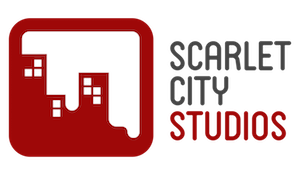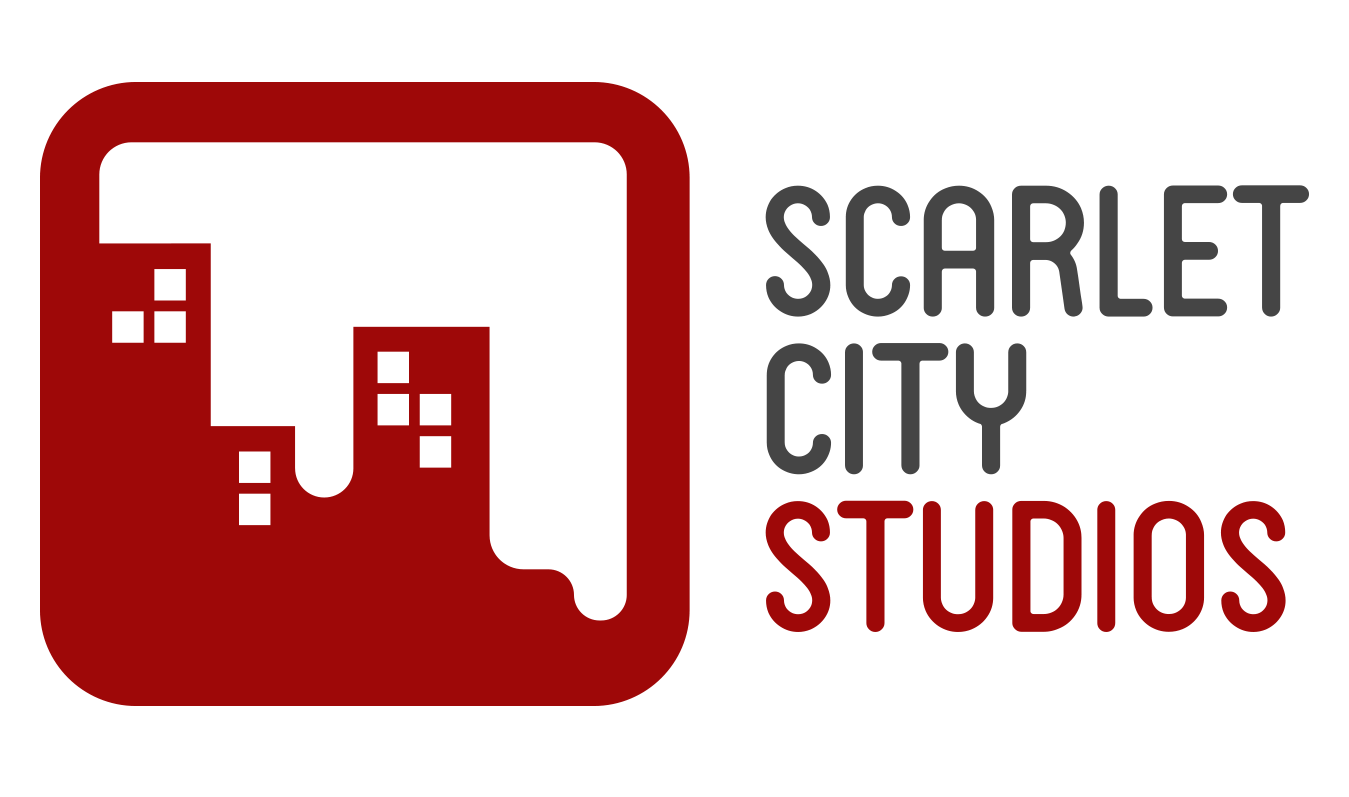“Mood Words”
A really hard part of building a game is to try and ascertain the “tone” or the “mood” of the game as whole. Well, it has been for us. So I thought I would post about our way of doing this.
Initially, it seemed like there was this giant soup of words that people were throwing around about how the game should “feel.” It was so subjective, and so hard to tell if when person A said “moody” they meant “atmospheric” or “emotive.” And if they meant “emotive,” did they mean the same kind of emotive as what person B meant? I’m not sure about other languages but English has so much variance in its terms! The other issue we were struggling with was finding a large enough palette of words to draw from – we kept bouncing around with “edgy”, “funny”, “thrilling” etc.
So, one of the things that we did was to find a list of words to use as a “database” from which to draw. This really helped us as it basically acted as a thesaurus and gave us new words which we had never thought to use before.
We then went away and each circled the words that we thought best represented our view on the game. We then tabulated the results and grouped these into ‘bands.’ One thing that emerged from this process was that one of the reasons we had got nowhere before and that things had felt like “soup” was that mood words can be grouped into categories, and then each word can have a different meaning depending on what category it is in. We chose 6 categories, which emerged out of the words people had chosen and also the reasons for their choice.
- Emotion
- Conceptual foundation
- Personality
- Era
- Pace
- Humour
For each of these categories, we chose a single word that ‘summed up’ the whole feel we were going for, and then 3 or 4 “sub words” which explained, broadened, or provided more information to that word. For example, “Vintage” was a main word for Era, but “1800s”, “Victorian”, and “Stylish” were sub words. We then also came up with some antonyms – that is, what we are NOT going for. So the antonyms for Era were “Futuristic”, with sub-antonyms of “Retro (1950s, 1960s)”, “Space age”, “Generic”. (We probably could have added “medieval” in there as well).
I then went away and tried to find an image using google image search that captured the “what it is” feel. This was hard as a picture paints a thousand words and we were only playing with 8-10 per image! However eventually we came up with the following “posters.” I then printed these off and hung them up around the studio.
We have found that having these nailed down and visible has been really helpful. It has given us a common vocabulary, enabling us to have conversations like “that animation feels too slapstick,” or “that dialogue is really quirky, good work.”
One of our consultants even had this to say:
“This is a great intellectual exercise to get everyone on the same page. All game studios need to do more stuff like this!”




